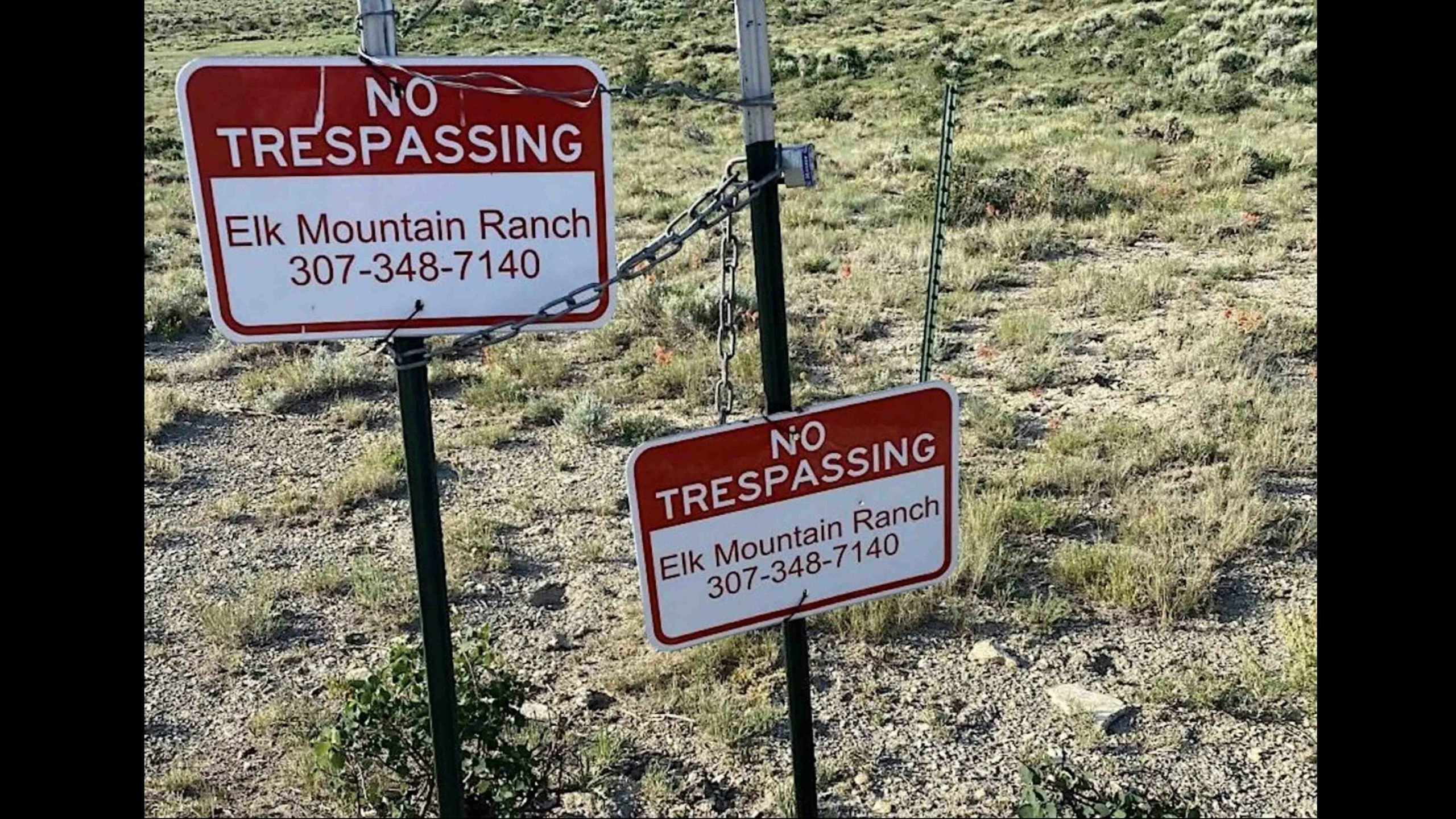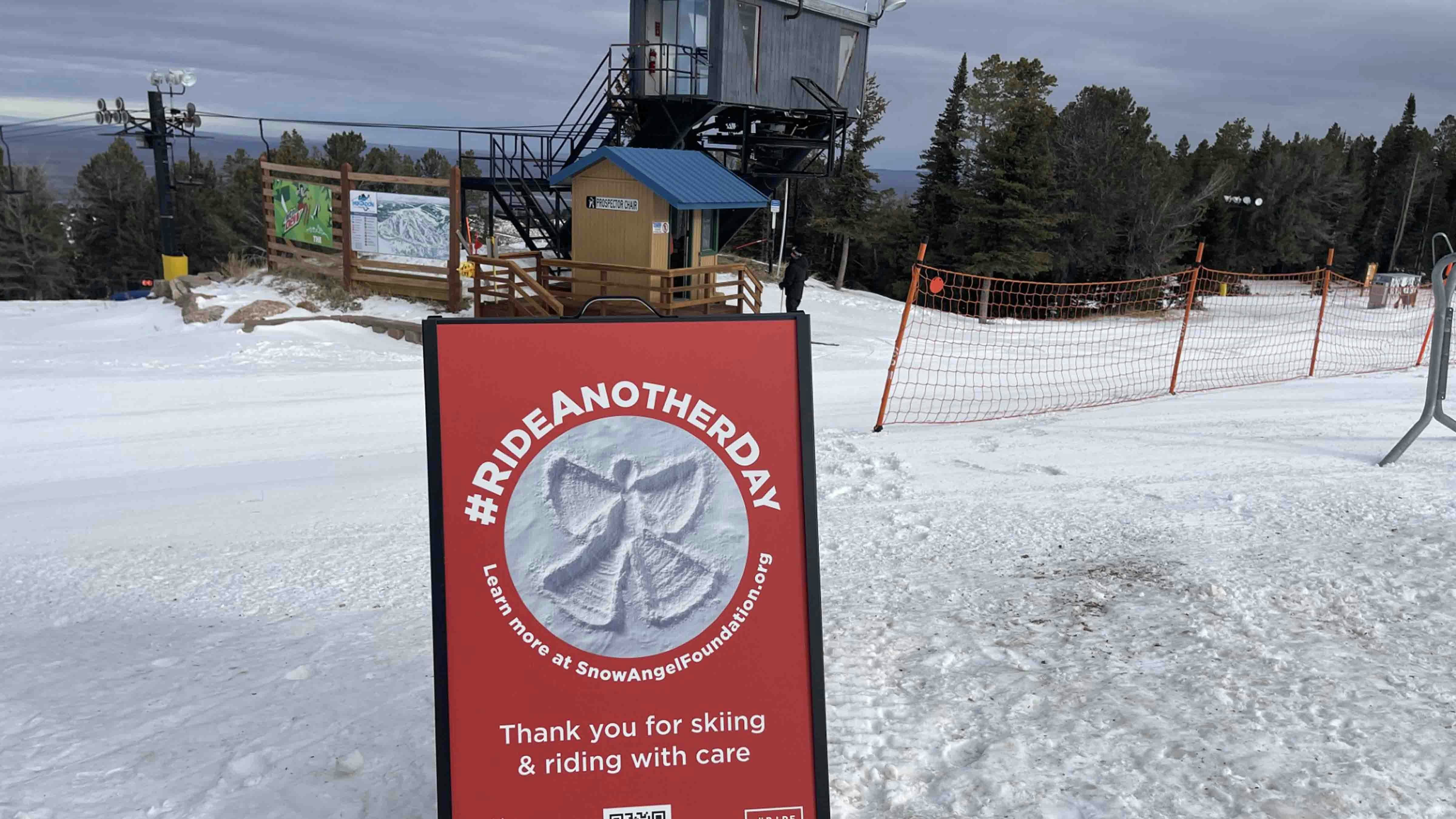A new group is trying to join the lawsuit filed against four Missouri hunters accused of violating the airspace of a private ranch in Carbon County while moving from one parcel of public land to another.
The Backcountry Hunters and Anglers organization on Friday asked U.S. District Judge Scott Skavdahl for permission to support the hunters being sued by North Carolina businessman Fred Eschelman with a “friend of the court” brief.
Such briefs offer arguments in support of one side or another of a lawsuit and are offered by a third party which has no direct connection to the case. Permission must be given by a judge before BHA can file its 11-page brief with the court.
In the brief it wants to submit, BHA argues that to maintain access to public land, some provision must be reached to allow people to cross the common corners between private and public property.
“Corners where federal public land intersects with private land are the keys to unlocking access to millions of acres of land owned by every American,” BHA said in the brief. “This case exemplifies the national interest in deciding the fate of those millions of acres of corner-locked public land.”
The lawsuit filed by Iron Bar Ranch is the last legal action facing the four hunters — Bradley Cape, Philip Yeomans, Zachary Smith and John Sloensky — of three actions stemming from allegations they trespassed on private property while moving from one parcel of public land to another.
First, Carbon County officials charged them with criminal trespass in connection with a 2021 incident on the Iron Bar Ranch. A six-member jury found the hunters innocent of the charges in April.
Another set of charges was filed in circuit court against Cape, Yeomans and Smith accusing them of criminal trespass in a 2020 incident on the Elk Mountain Ranch, but Carbon County’s prosecutor asked Friday that those charges be dismissed.
Iron Bar and Elk Mountain ranch are both owned by Eschelman.
Iron Bar Ranch, in a separate action, sued the four hunters, alleging that by using a ladder-like device to cross from one public land parcel to another, they violated Iron Bar’s airspace. That lawsuit is the action Backcountry Hunters and Anglers wants to join.
Wyoming has a “checkerboard” land pattern that mixes public and private land. Those parcels often share common corners, with one piece of public land resting diagonally from another. To cross from one public parcel to the other, people must step or climb across the corners.
In its brief, BHA argued that by blocking people from reaching public land, private landowners can essentially control access to all public lands.
“If a private landowner can prohibit access to public land through simple claims of state law trespass based on the momentary passage of a person through the common, mixed-corner airspace of private and public land, his claim essentially wipes out the public’s rights as to that public land and effectively grants the landowner dominion over public land he does not own and that he has not paid for,” BHA wrote in its brief.
“A private landowner with half the ownership of a corner should not have a veto over access by the owner of the other half of the corner – namely the government, and by extension, its citizens,” BHA said it added.
Backcountry Hunters and Anglers had created a “GoFundMe” campaign to raise money for the hunters’ defense.
The federal case could ultimately be precedent-setting, Cape’s attorney Katye Ames told Cowboy State Daily last week, and could do away with criminal prosecution of similar trespass cases.





